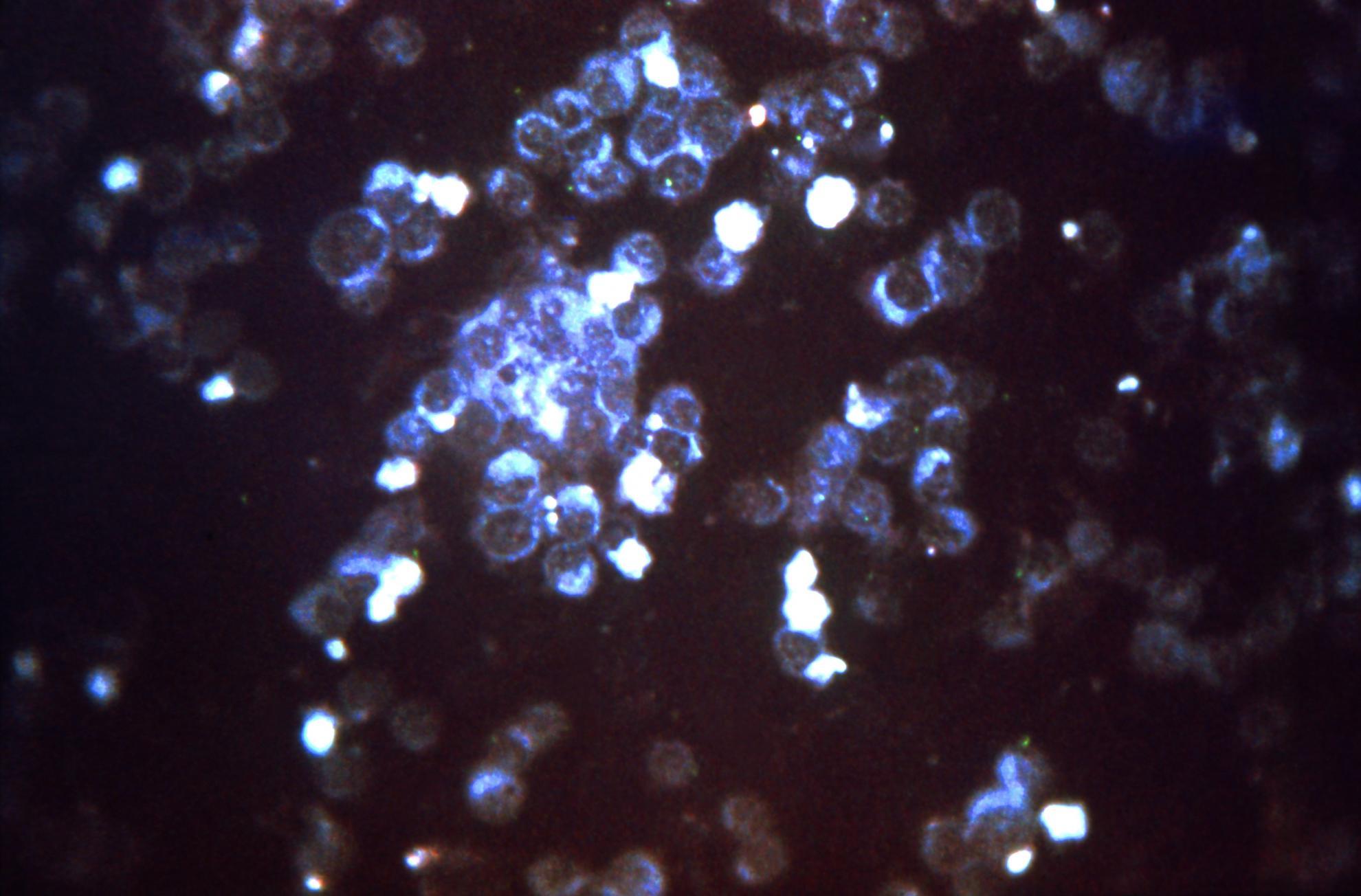Immunology of bovine respiratory syncytial virus in calves
Bovine respiratory syncytial virus (BRSV) is an important cause of respiratory disease in young calves. The virus is genetically and antigenically closely related to human (H)RSV, which is a major cause of respiratory disease in young infants. As a natural pathogen of calves, BRSV infection recapitulates the pathogenesis of respiratory disease in man more faithfully than semi-permissive, animal models of HRSV infection. With the increasing availability of immunological reagents, the calf can be used to dissect the pathogenesis of and mechanisms of immunity to RSV infection, to analyse the ways in which the virus proteins interact with components of the innate response, and to evaluate RSV vaccine strategies. Passively transferred, neutralising bovine monoclonal antibodies, which recognise the same epitopes in the HRSV and BRSV fusion (F) protein, can protect calves against BRSV infection, and depletion of different T cells subsets in calves has highlighted the importance of CD8+ T cells in viral clearance. Calves can be used to model maternal-antibody mediated suppression of RSV vaccine efficacy, and to increase understanding of the mechanisms responsible for RSV vaccine-enhanced respiratory disease.
Back to publications
